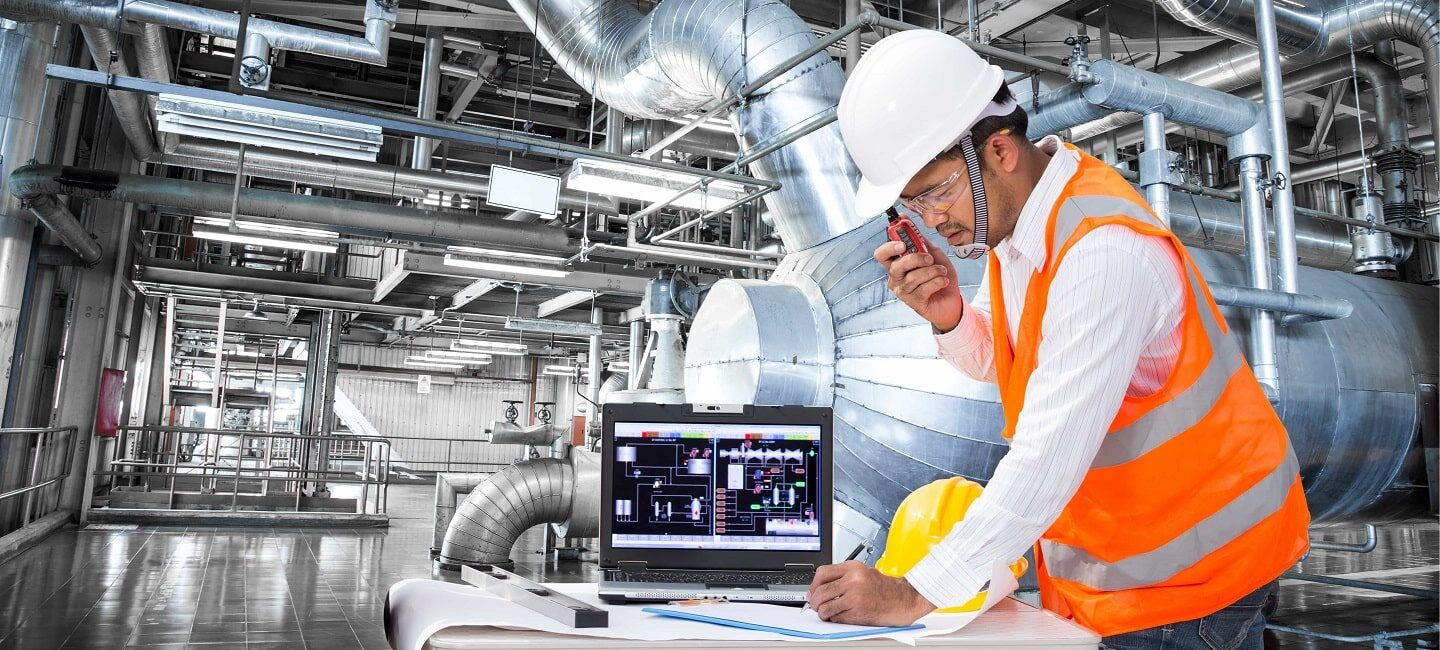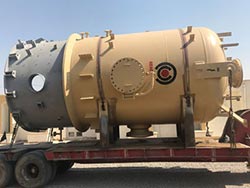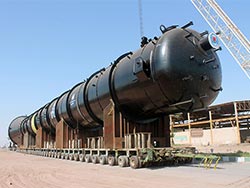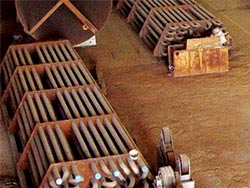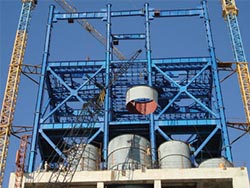Audit Energy
Audit Energy
Audit Energy
Industrial energy efficiency is a key component in the transition of the economy towards increased sustainability. For an industrial company, there are four means to reduce energy costs: implementing energy-efficient technologies, energy carrier conversion, load management, and more energy-efficient behavior.
Energy audits provide an important tool in reducing barriers to energy efficiency. Furthermore, an initial, well-structured energy audit is the first important step in a successful in-house energy management program in industry.
From the global perspective, industrial energy efficiency is one of the most important means of reducing the threat of increased global warming as the industry accounts for about 80 percent of the world’s annual coal consumption, 40 percent of the world’s electricity use, 35 percent of the world’s natural gas consumption, and around 10 percent of global oil consumption . Of great importance are thus different means which promote energy efficiency for the industrial sector.
This section describes one method to survey and analyze the energy use of an industry. The industrial energy audit may be divided into three main parts: the survey, the analysis and the proposed measures. The expected result of the energy audit is a number of measures that will increase the energy efficiency, switch from non-renewable to renewable sources and decrease the energy use of the company or in the energy system as a whole. The result is normally presented in a report.

